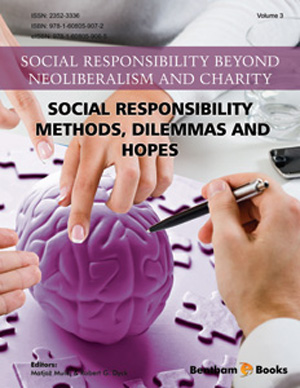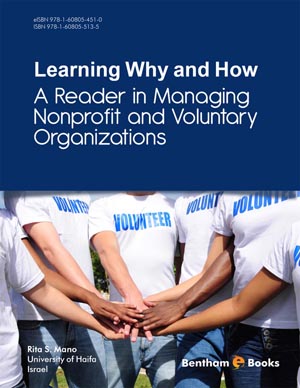Abstract
Social responsibility (SR) is supposed to become a new way out from the current socio-economic crisis. Children are the future and they can learn SR indirectly. Thus, this chapter investigates multilingualism and inter-culturalism among pre-school children, aged 5 - 6, in Slovenia. The central part focuses on the foreign language learning and intercultural education in the Slovenian pre-school and introduces Comenius Assistantship in Slovenian kindergartens.
The data was collected from three groups of children: the first group learns a foreign language and has received contact with Comenius assistants within the network innovative project (NIP), the second group learns a foreign language within the NIP, and the third learned no foreign language and has had no contact with Comenius assistants within preschool activities yet. The research shows the existence of the positive effects of learning a foreign language in pre-school. Children who learn a foreign language within the network innovative project show more multilingual and intercultural awareness, knowledge, and experiences, and more willingness to socialize with a child who comes from another country. The results also show that children’s multilingual and intercultural awareness and perceptions of other nations are positively influenced by teachers (like Comenius assistants). However, some pre-school children do not always identify and perceive outgroup children with a positive attitude and hold stereotypes towards them.
Keywords: Attitude, case, children, commenius assistants, experiences, interculturalism, intercultural awareness, kindergarten, knowledge, language, multilingualism, network innovative project (NIP), out-group children, perception of other nations, pre-school, Slovenia, social responsibility, stereotypes, systemic behaviour, teacher.










.jpg)

